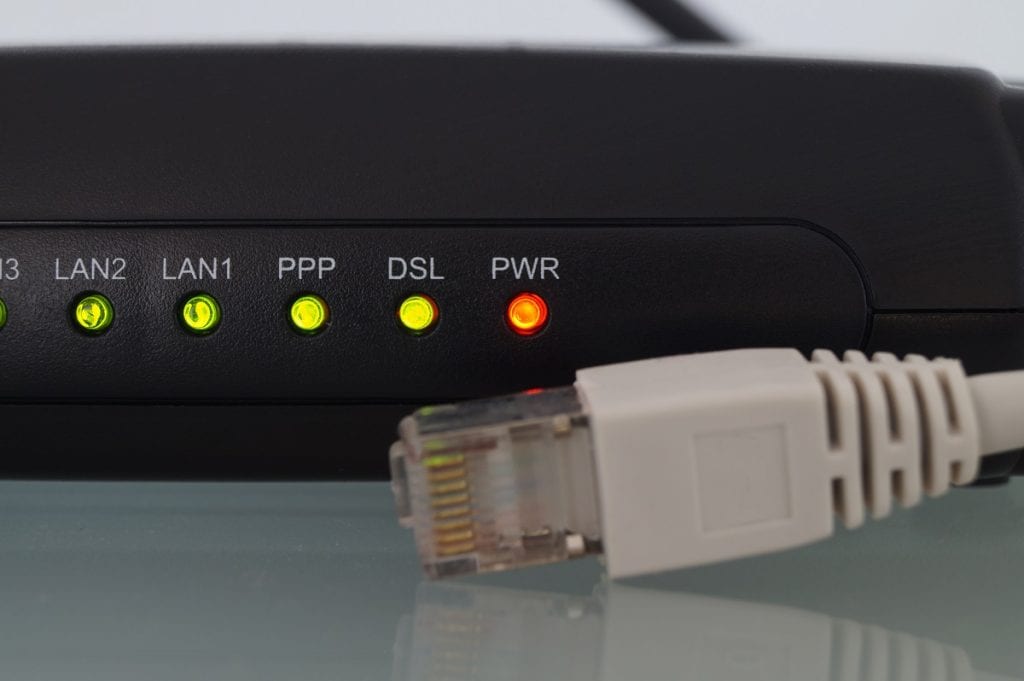
When you’re running a business that relies on a fast Internet connection, of course, you’re always on the lookout for an Internet Service Provider (ISP) that offers lightning-fast speeds. The faster the speed and the more users you have, the more expensive your package gets. But are you really getting the Internet speed you’re paying for?
If the Internet in your office is slower than you were promised by your ISP, you must look at some of the possible reasons behind it.
1. Network Congestion
In an office, workers usually share a network. Normally, this should not slow each worker’s Internet connection too much, especially if you’re paying for enough bandwidth and the users are doing basic online searches. If your business involves online gaming, broadcasting live videos, or downloading large programs, though, that’s when Internet speeds may suffer.
2. Hardware Capacity
Different pieces of hardware have the capability to connect to the Internet, including your modem, router, and cables. Sometimes, these pieces of hardware cannot handle the Internet speed you purchased or do not have enough range to cover your office.
Even the computer unit you’re using can affect how fast or slow your Internet speeds are. Your device might need additional memory for you to enjoy the best speeds possible. When this happens, you must consider upgrading the hardware you’re using.
3. Selective ISP Throttling
Yes, sometimes your ISP purposefully slows down the available bandwidth of your internet connection. This is called bandwidth throttling and ISPs sometimes do this for different purposes. It might be to decrease network congestion at certain times or your office may have hit a certain amount of data for downloading.
4. Time of Day
If you’ve noticed that your Internet speeds are faster in the morning or late at night, it might be because there are fewer people using up the bandwidth. So, at certain times of the day, like during peak office hours when everyone is heads-down doing their work online, the shared network connection causes your Internet speed to slow down.
5. DNS Server
If you’re in the U.S. accessing a European website and you experience slowness while the page downloads, the problem may not be with your ISP, but with the DNS or Domain Name System server. These servers need a lot of bandwidth, something that might be slow from the European websites’ side.
Get the Most Reliable Internet Connection
One or a combination of these issues may be negatively affecting your Internet speed. There might even be a whole other reason for the slow speeds. With a slow Internet connection, especially if you run a business that’s heavily reliant on the Internet, your business operations will definitely suffer.
CMIT Solutions is an expert in telecommunications providers. With our access to over 60 different Internet and telecom service providers, you’ll surely find the one that’s right for your business.
Contact CMIT Solutions and get a fast and reliable ISP today.
